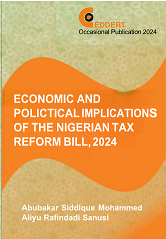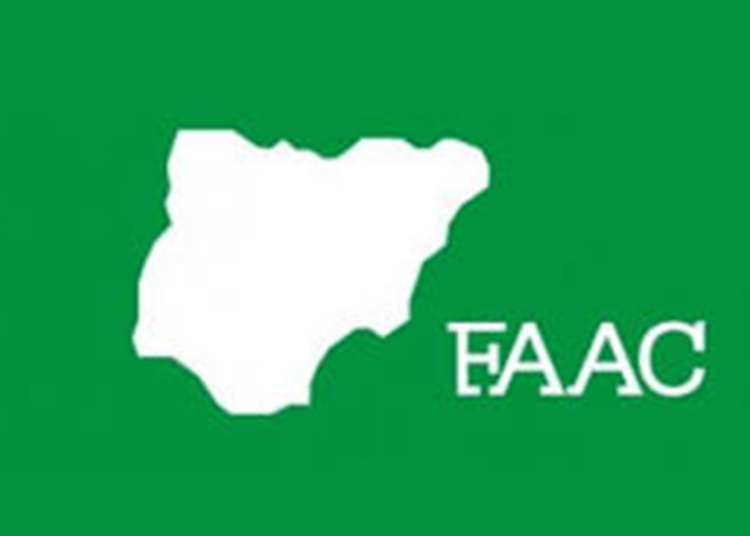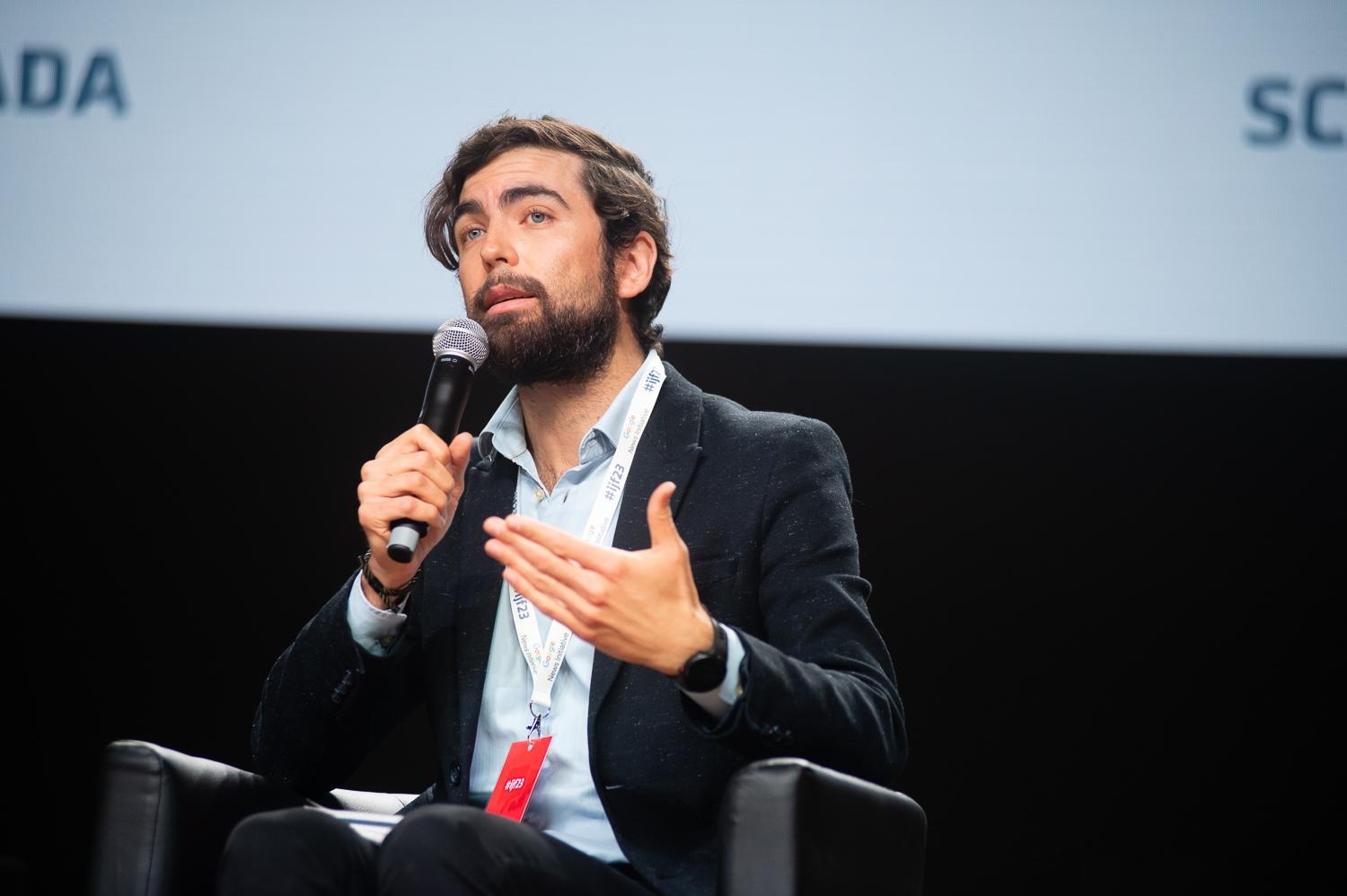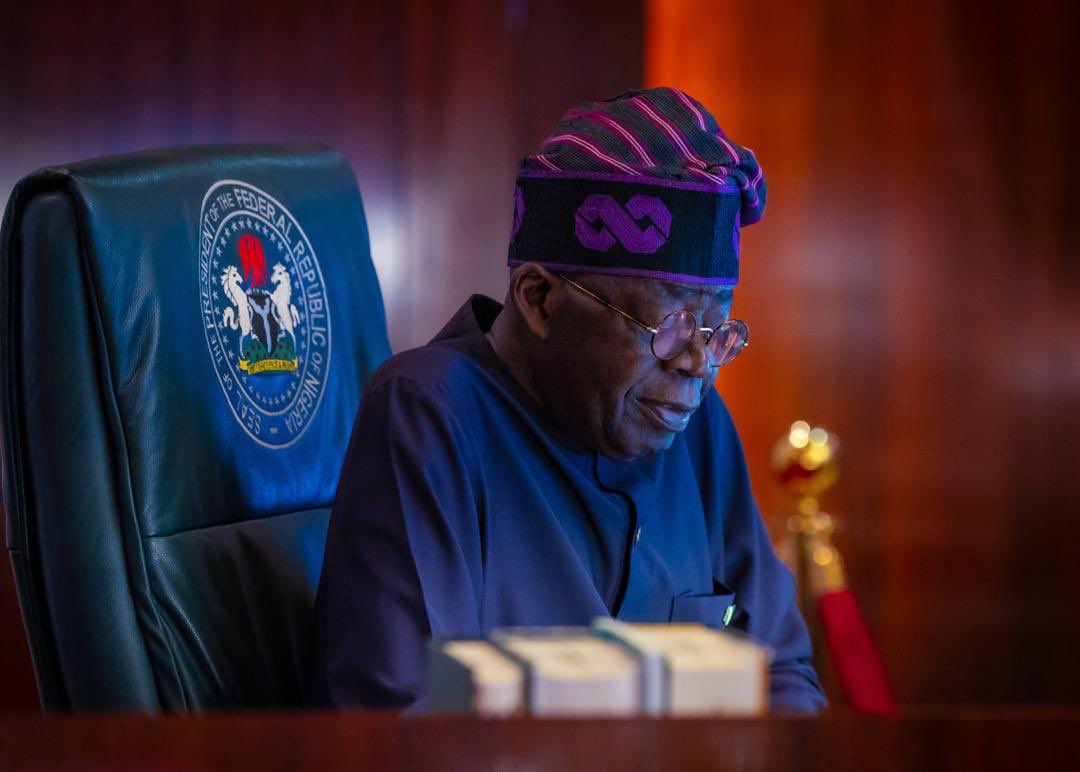FG to Construct 1 Million Shelters for IDPs Nationwide as Humanitarian Minister Inspects Prototype Buildings in Abuja
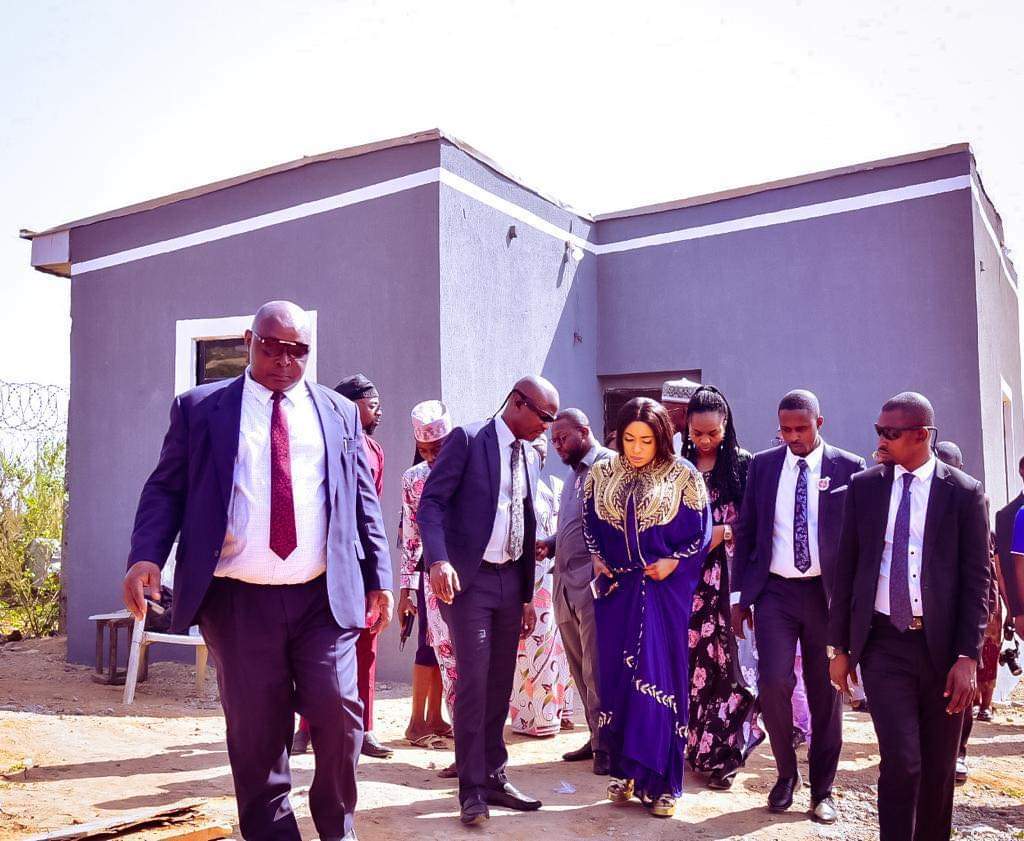
- Katsina City News
- 13 Dec, 2023
- 512
The Minister of Humanitarian Affairs and Poverty Alleviation, Dr. Betta Edu, has revealed the Federal Government's commitment to constructing one million renewed hope shelters for Internally Displaced Persons (IDPs) and Refugees across Nigeria.
This initiative aligns with President Bola Ahmed Tinubu's dedication to providing dignified shelters for the poor, internally displaced persons, and refugees in the country.
During an inspection of prototype shelters at Idu Industrial layout, Abuja, Dr. Edu emphasized that these sample houses, constructed by the local community using local materials, serve as a cost-effective model applicable nationwide.
She expressed the urgency of the project due to the presence of numerous IDPs in different parts of Nigeria, emphasizing the need for swift provision of suitable shelters they can call home.
Dr. Edu highlighted the project's innovative aspect, stating, "We want to introduce solar energy to it so that the shelters are not dependent on the National Grid. They can use solar energy for basics such as lighting, charging devices, and performing basic tasks requiring electricity."
President Buhari directed that local communities build the shelters, providing them with skills and economic empowerment, emphasizing that the initiative is not a contract for external contractors but a community-driven effort.
To ensure quality control, the construction will be supervised by professional architects, engineers, and support from the Federal Ministry of Works.
The shelters are planned for construction in states with significant numbers of IDPs, Refugees, and impoverished individuals, including Benue, Borno, Zamfara, Yobe, Cross River, Ebonyi, among others.
Dr. Edu also announced the approval of the Humanitarian and Poverty Alleviation Trust Fund by the Federal Executive Council. The Federal Government will contribute 30%, with the remaining 70% coming from the private sector, donor agencies, development partners, philanthropists, and individuals.


